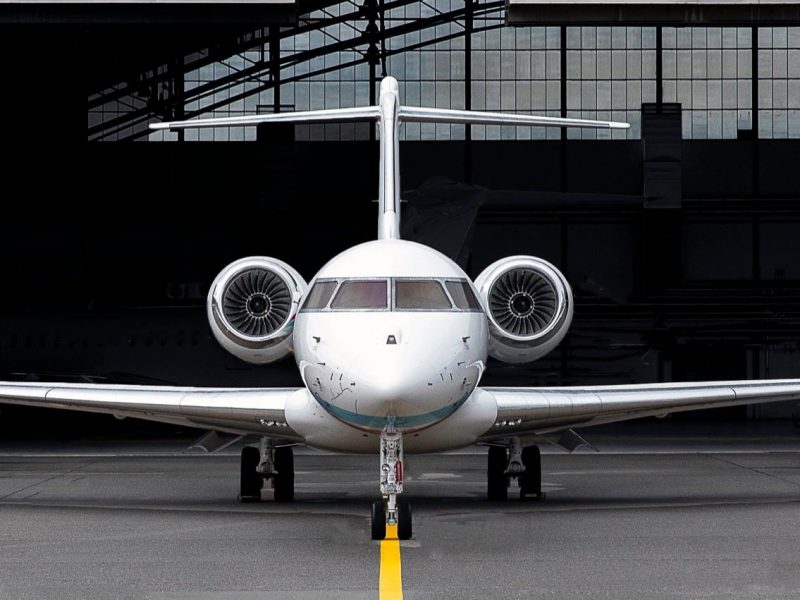- Mitsubishi and Bombardier completed a sale of the popular CRJ aircraft line in June, with all aircraft being rebranded under Mitsubishi overnight.
- The sale is the latest in a recent string of high-profile Bombardier divestments from commercial aviation that can be traced back to its sale of the CSeries program to Airbus.
- Bombardier now has no commercial planes in its stable, focusing mainly on business jets and trains moving forward.
- Visit Business Insider’s homepage for more stories.
Meet the new regional jet, it’s exactly the same as the old regional jet.
To many Americans, Mitsubishi is perhaps most well-known for its cars and electronics. But on June 1, thousands of Americans technically took to the skies on Mitsubishi aircraft without knowing it and have been doing so every day since.
Japan’s Mitsubishi Heavy Industries and Canada’s Bombardier inked a deal in 2019 that would see the Japanese firm acquire the Canadair Regional Jet program for $550 million in cash and around $200 million in liabilities, according to the Canadian manufacturer. June 1 marked the closing date of that deal, at which point all of Bombardier’s Canadair Regional Jet aircraft became Mitsubishi Regional Jet aircraft.
Passengers flying on the newly-renamed jets wouldn’t likely notice any difference, as I didn’t when I flew on my first Mitsubishi Regional Jet on June 2.
But June 1 wasn't the first time passengers boarded an aircraft program was developed, built, and marketed by the Bombardier only to be sold off to a competitor. In fact, it's at least the third time in five years as Bombardier has been steadily selling off even its most popular aircraft lines, leading to the end of the Bombardier Commercial Aircraft division of the company, despite the groundbreaking aircraft that it has produced.
Take a look at the devolution of Bombardier.
Bombardier as a company dates back to World War II. Unlike rival aircraft manufacturers Boeing and Lockheed, Bombardier wasn't building bombers and fighters during the war, it was building snowmobiles.
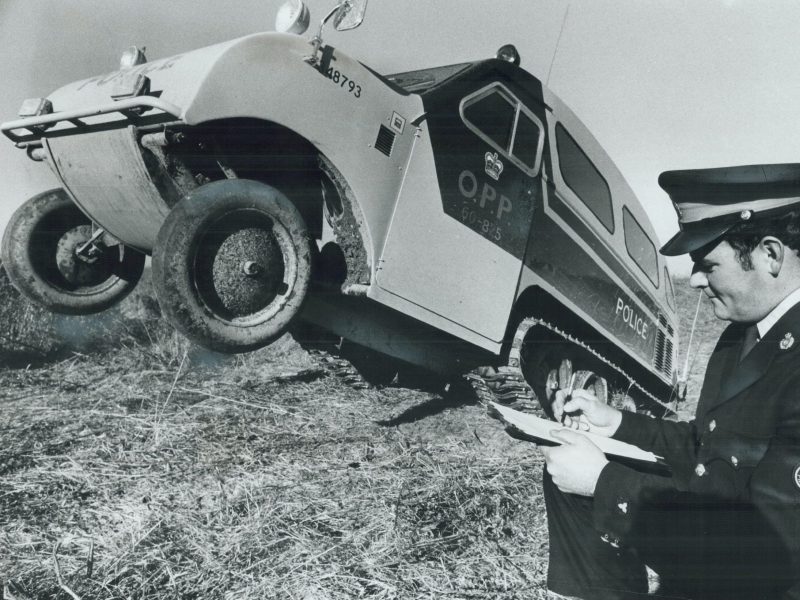
Source: Bombardier
It wasn't until the 1980s when Bombardier expanded into aviation, acquiring manufacturers Canadair – known for its water bombers – in 1986...

Source: Bombardier
And Short Brothers in 1989.
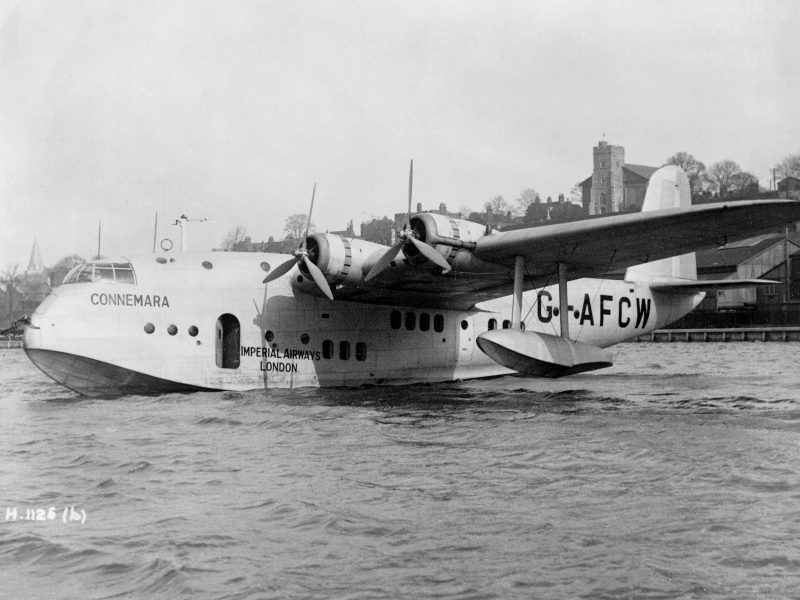
Source: Bombardier
After acquiring Canadair, Bombardier launched a new aircraft product line with the Bombardier Canadair Regional Jet program, or CRJ for short.
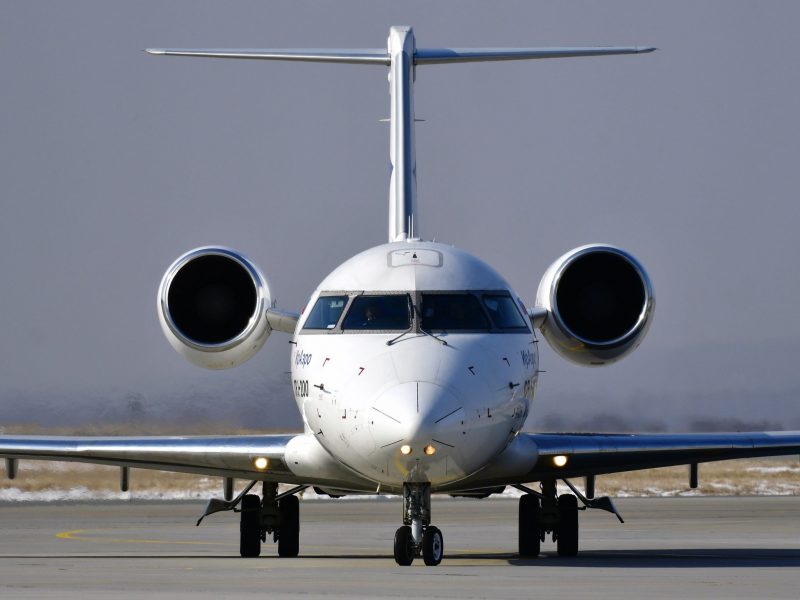
Source: FlightGlobal
The CRJ program began in 1989 to provide airlines with 50-100-seat jet aircraft and marked the Canadian manufacturer's entry into the world of jet airliners.
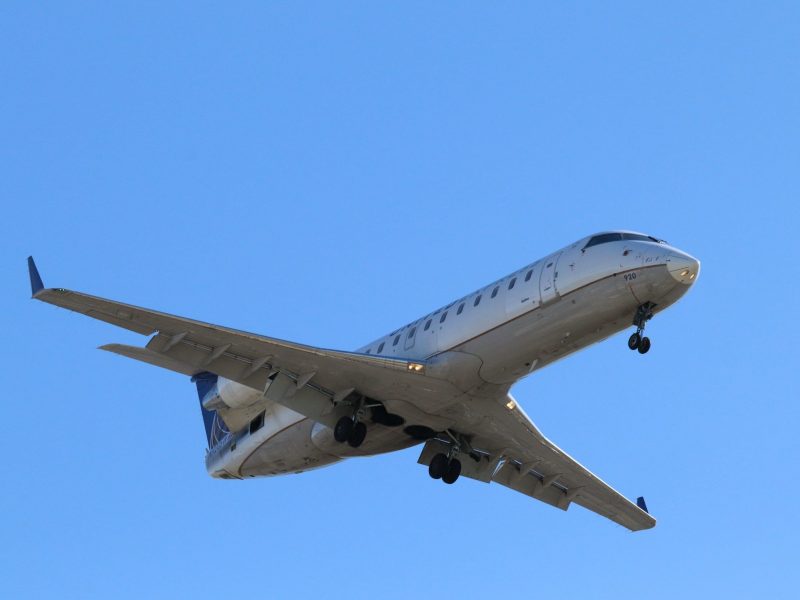
Source: FlightGlobal
The jet was built off of the Canadair Challenger 600 series aircraft, which was acquired in the deal with Canadair.

It started with the 50-seat CRJ100 and CRJ200 aircraft that became widely popular with regional airlines around the world.
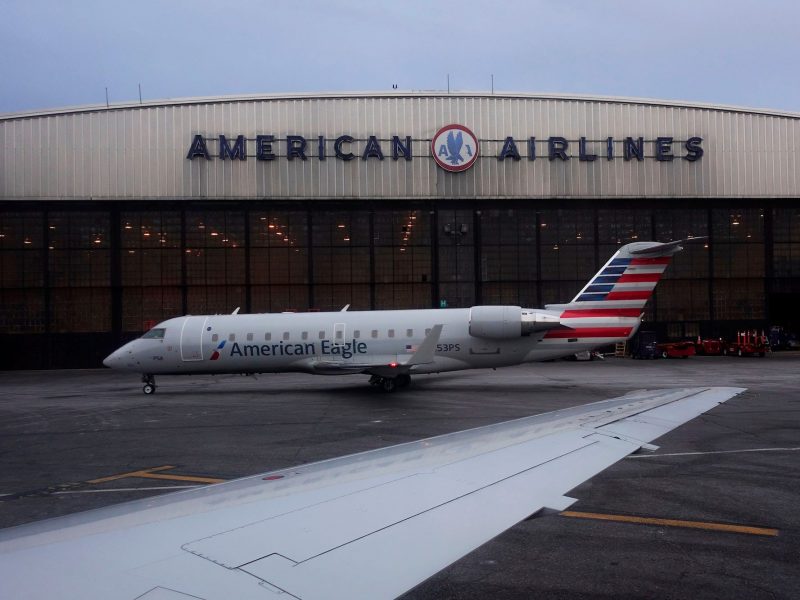
Among its current users in the US are the regional arms of Delta Air Lines...
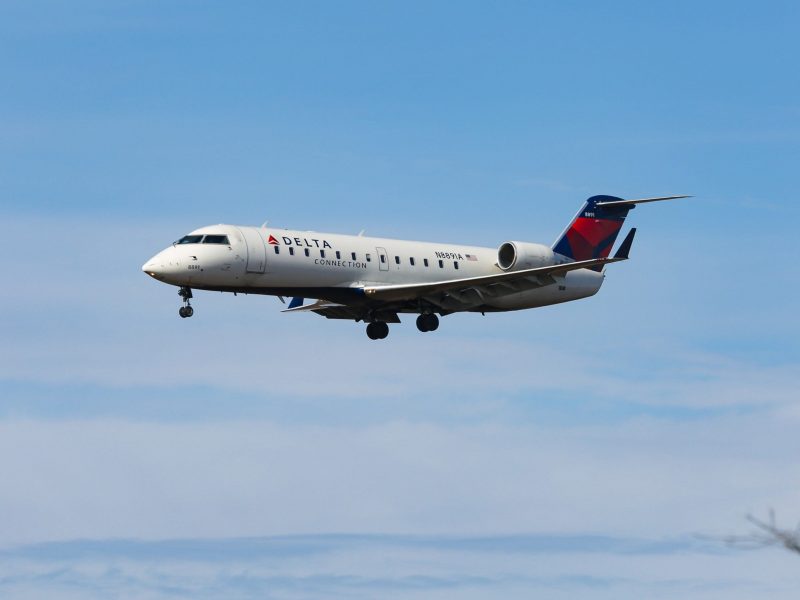
...and United Airlines.
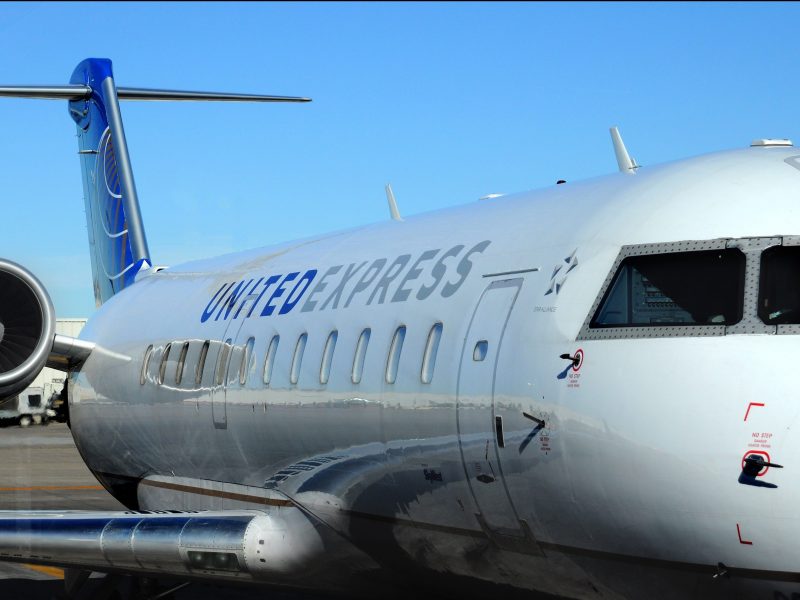
Bombardier expanded the line in 1997 to include the CRJ700.
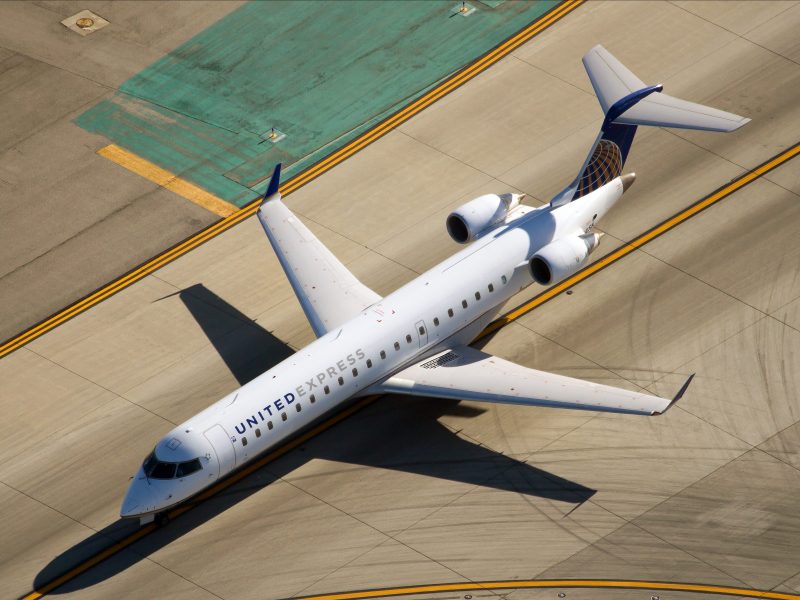
Source: Bombardier
The 70-seat aircraft enjoyed similarly global popularity with users as American Airlines...
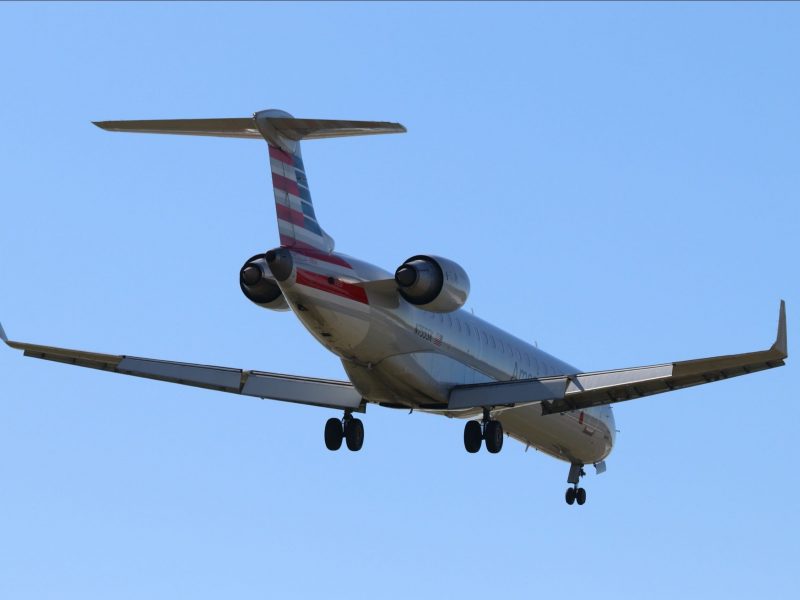
Alaska Airlines...
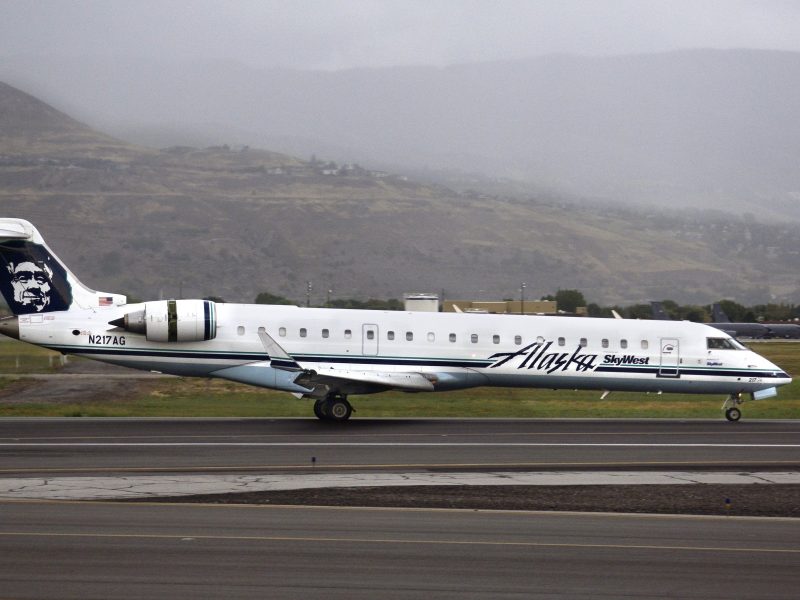
And Air France.
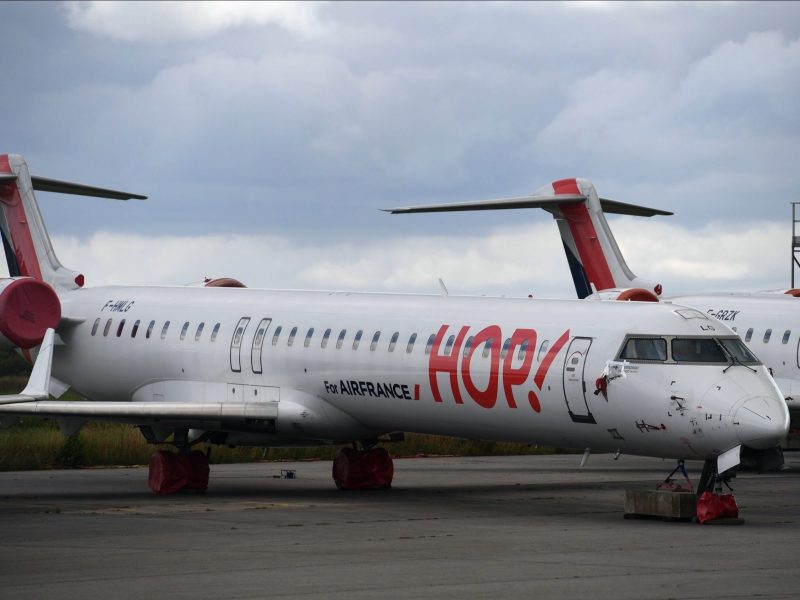
The product line continued with the CRJ900 in 2000...
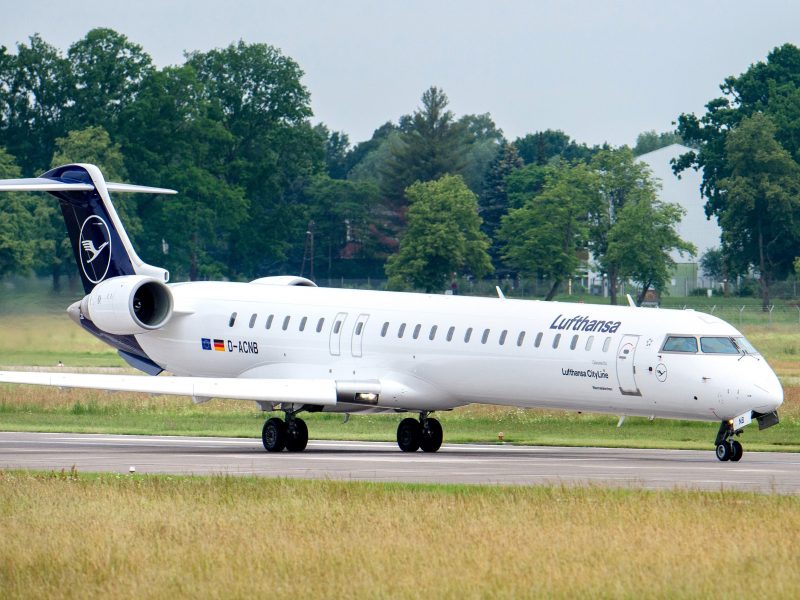
Source: Bombardier
...and the CRJ1000 in 2007.
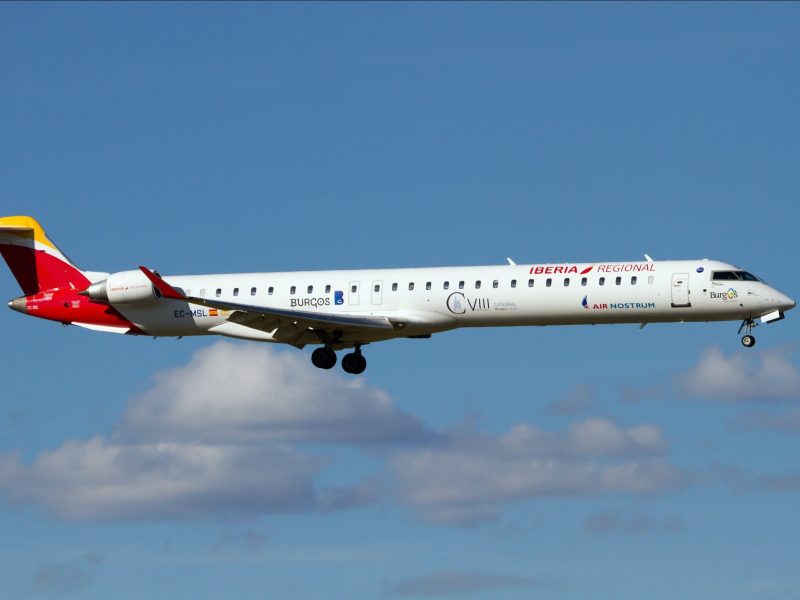
Source: Bombardier
The entire product line could be found flying on every populated continent with Bombardier establishing itself a popular producer of regional jets, rivaling Brazil's Embraer.

Hundreds of each type were sold and built, earning the title of "world's most successful regional aircraft program," according to Bombardier.
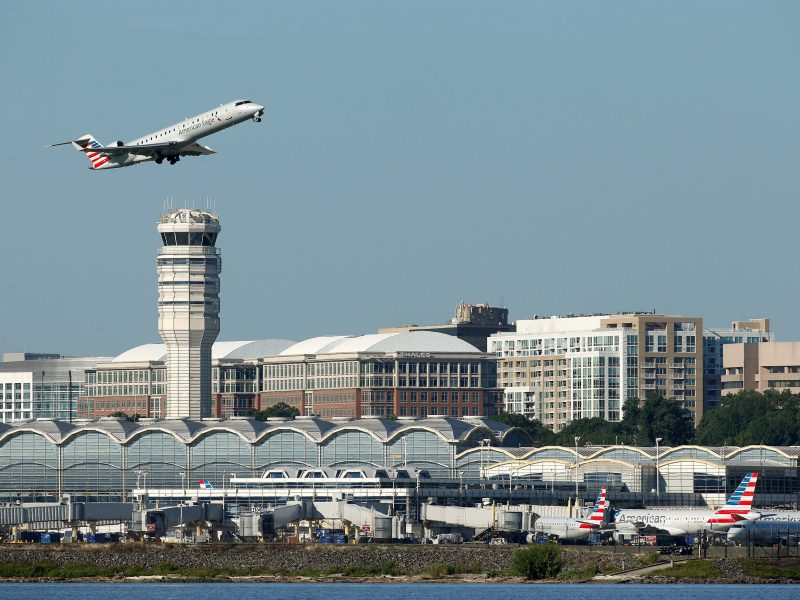
Source: Bombardier
The jets proved to be ever-popular with American regional airlines, especially as Bombardier airframe and cabin improvement to later models called CRJ NextGen.
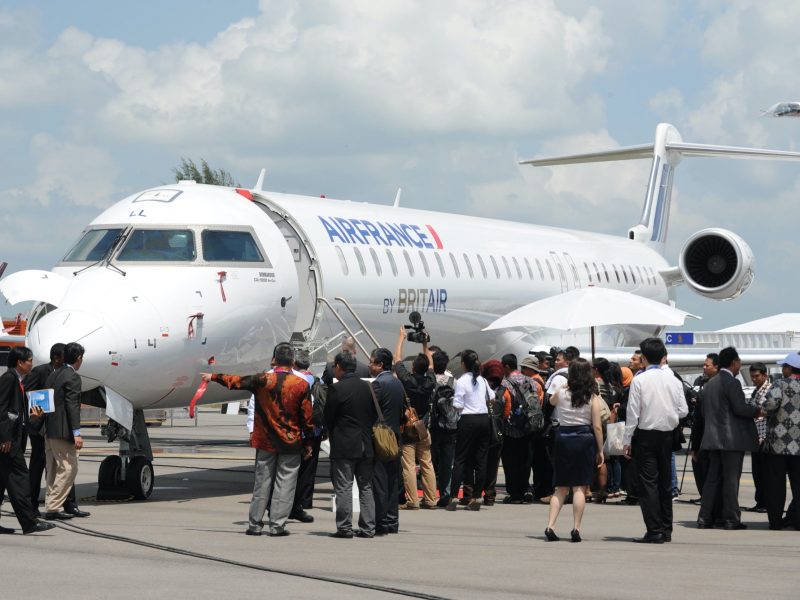
Source: Bombardier
In recent years, however, the CRJ product line became a loss-maker and the company was sinking money into a new endeavor, the Bombardier CSeries.
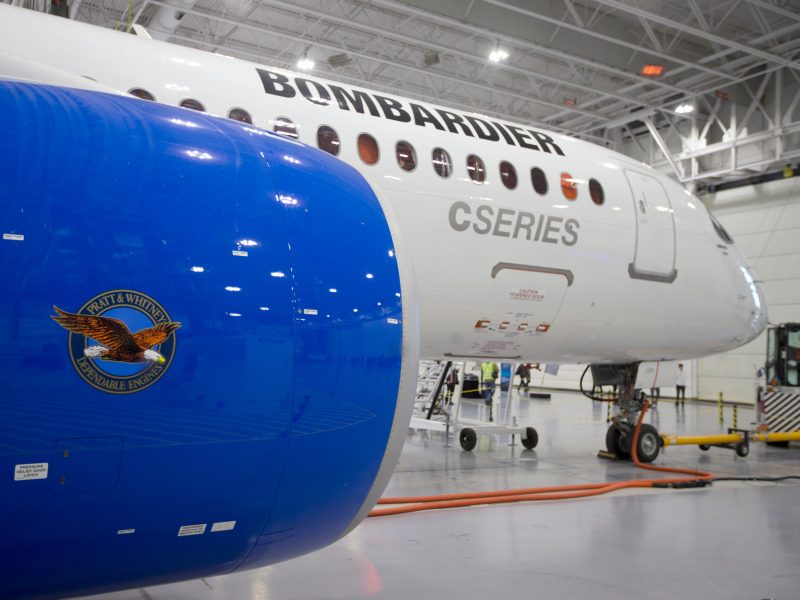
Source: Reuters
The project nearly bankrupted the company and Bombardier couldn't keep up with Airbus after the European manufacturer bought a majority stake in the program for a dollar and renamed it the Airbus A220.
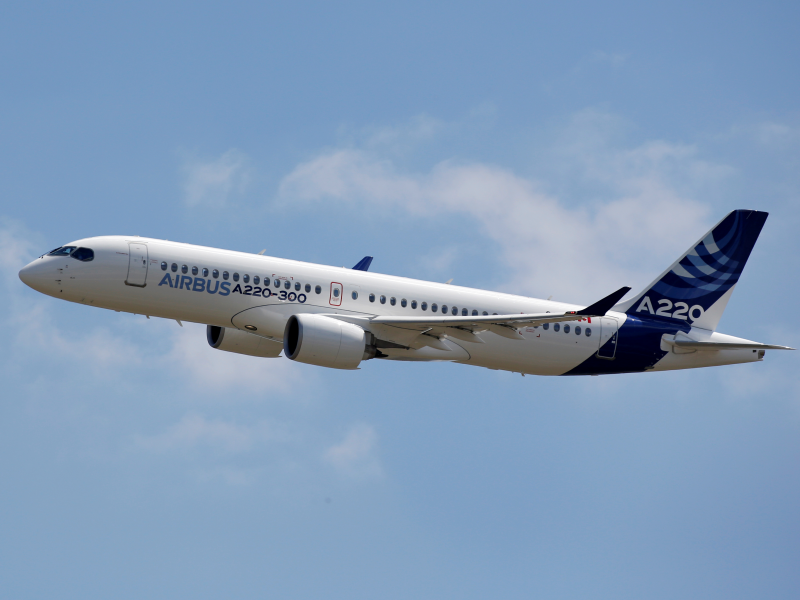
Source: Forbes
A trade dispute by Boeing following a major sale to Delta and the possibility of impending tariffs threatened the viability of the CSeries in the all-important US market.
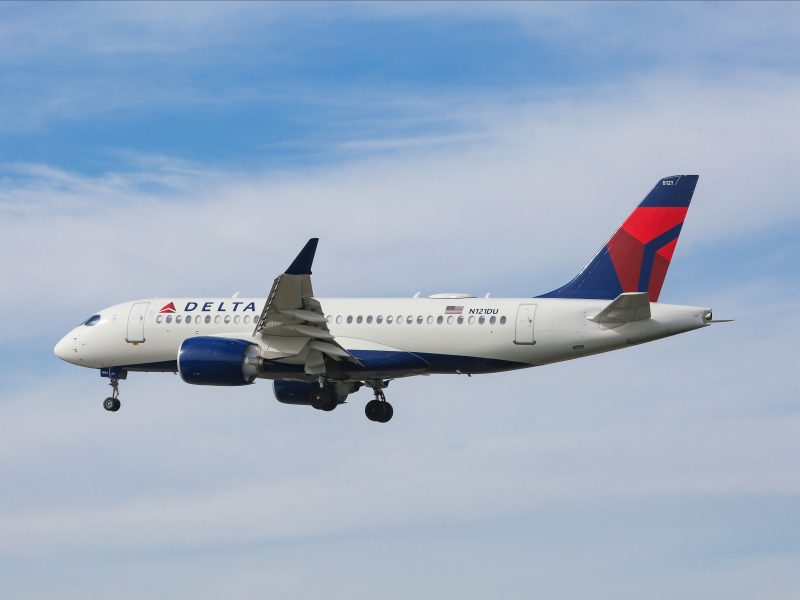
Airbus stepped in to take control of the program and build the jets in the US to avoid potential tariffs.
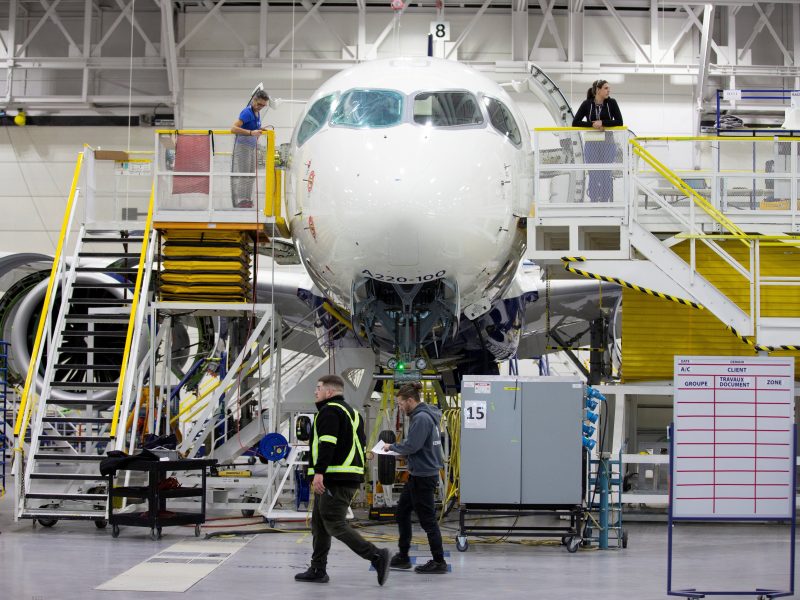
Though the tariffs were eventually overruled, Airbus remained in control of the program.
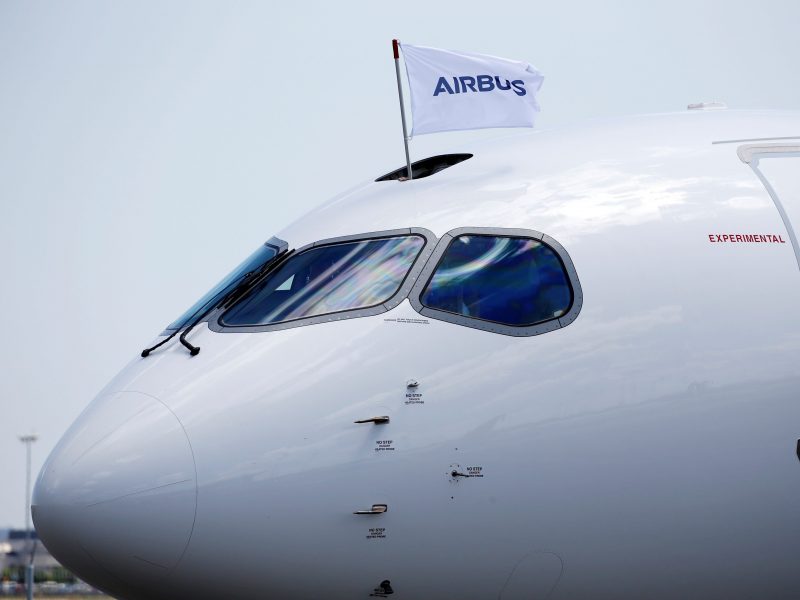
The cost of staying on eventually became too much for Bombardier with the manufacturer completely divesting from the program in 2020 following nearly two decades of production.
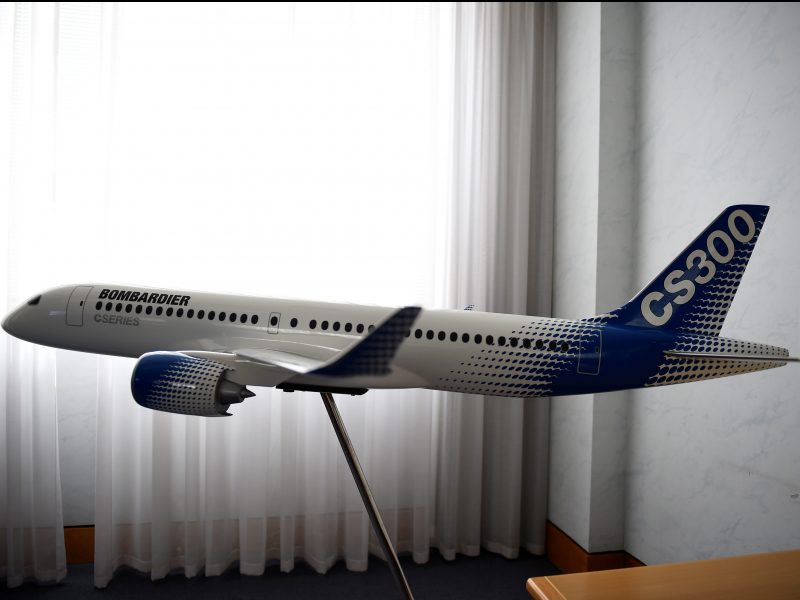
Source: Bombardier
The year prior, Bombardier had sold its turboprop division to Longview Aviation Capital Corp.
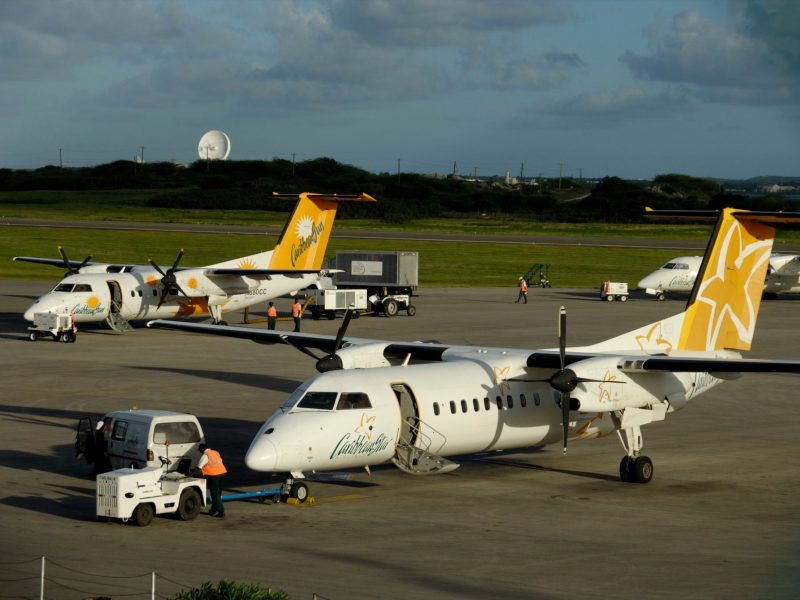
Source: Viking Ar
The flagship of that production line was the Dash 8 Q400, the only remaining turboprop in the program still being built.

The 2019 sale of the CRJ and 2020 sale of the A220 made it clear that commercial aircraft was not where it wanted to be anymore, ending a three-decade run.

Mitsubishi doesn't intend to overhaul or ramp up production of the CRJ. Rather, it bought the product line to help an aircraft of its own, the Mitsubishi Regional Jet, also known as the SpaceJet.
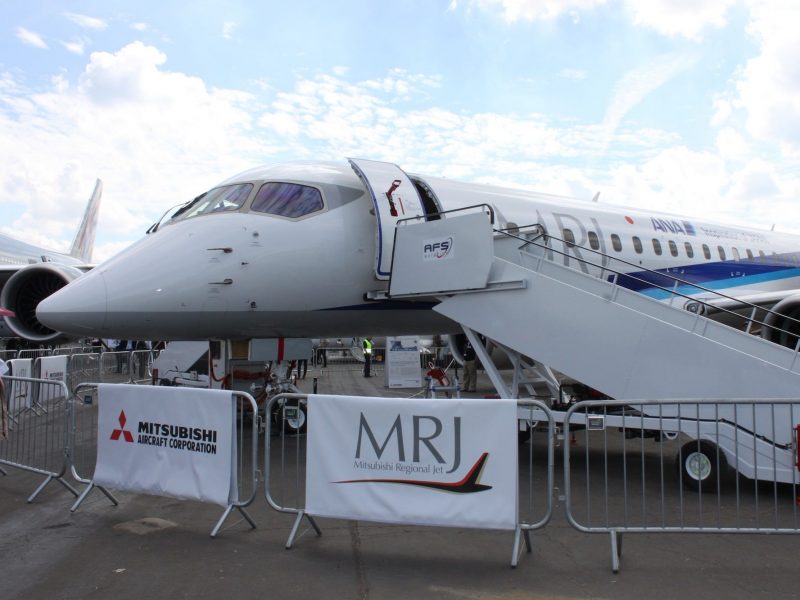
Source: Reuters
Delays, poor market assumptions, and cost overruns have marred the program but Mitsubishi views purchasing the CRJ program as a way to access Bombardier's customer base and push the new plane.

Source: Reuters
With all of its commercial aircraft products sold, Bombardier will focus on its business jet line, with lines currently in production including the Challenger...
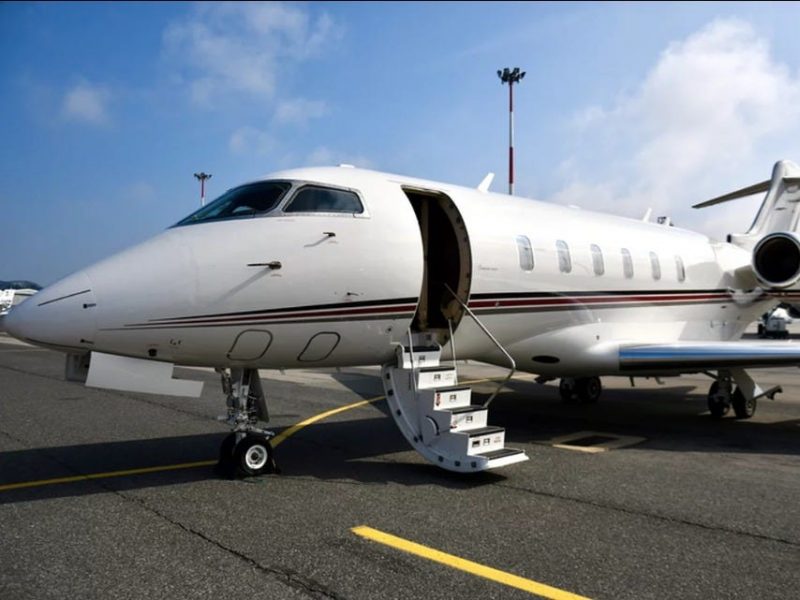
LearJet...

and Global.
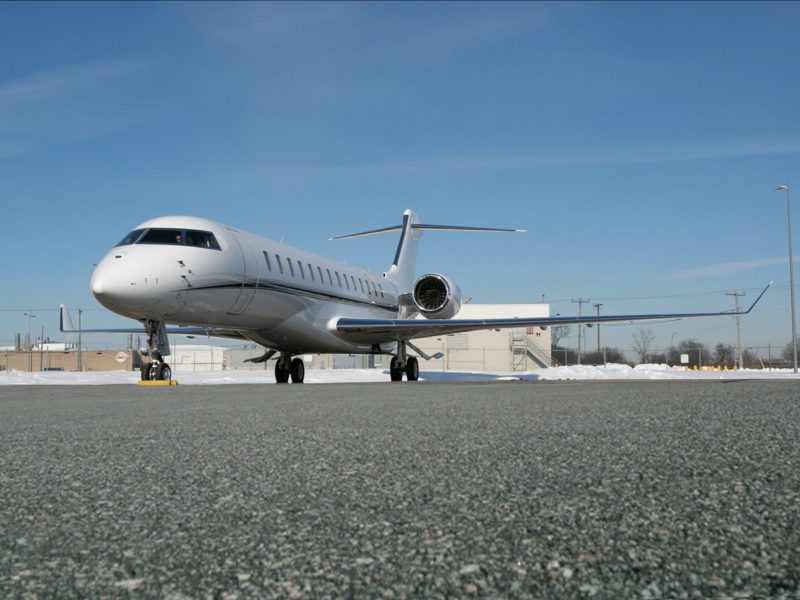
While the LearJet may be on its last legs, with the LearJet 85 program canceled, the Challenger and Global are still going strong.

The Global 7500 is the new flagship boasting the longest range and fastest speed of any other Bombardier business jet.
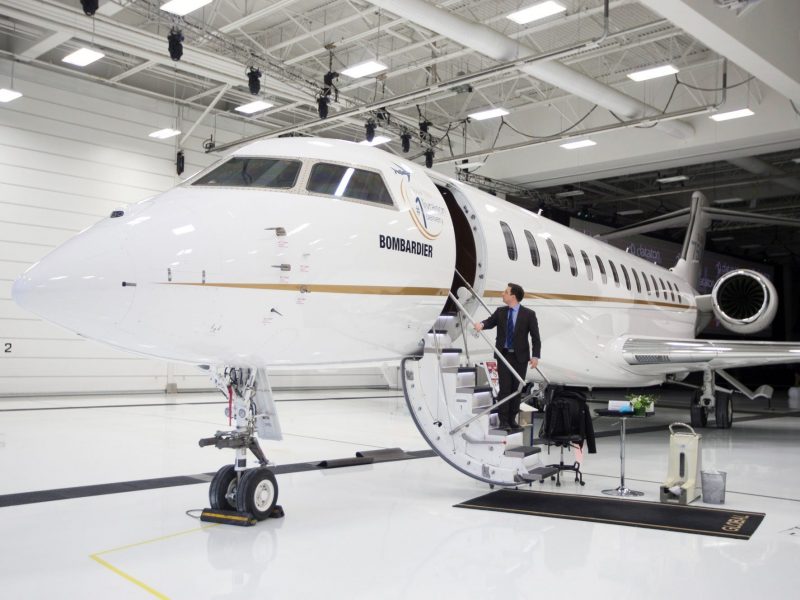
And the Challenger 650 and 350 are among the latest additions to the popular product line that’s been in production for over 40 years.
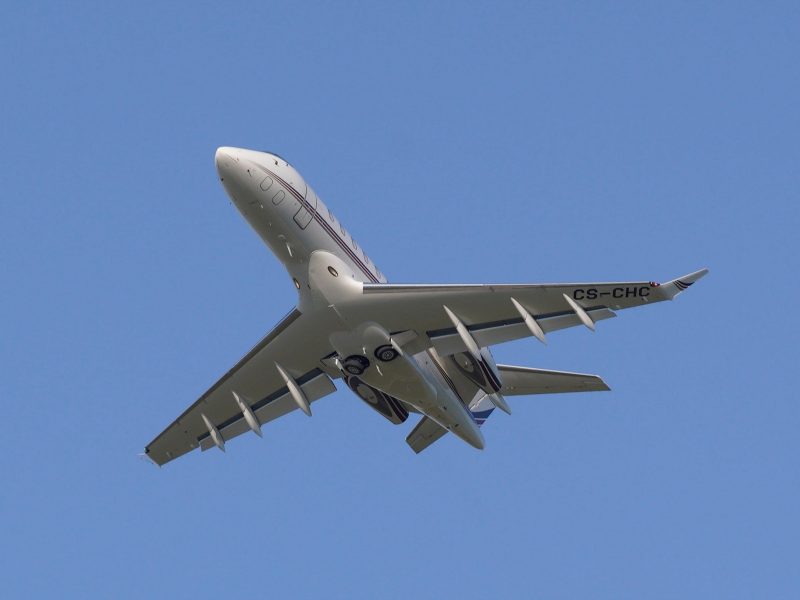
Bombardier was also in talks with Textron Aviation to sell its business jet line but was able to prevent off-loading that division by selling another.
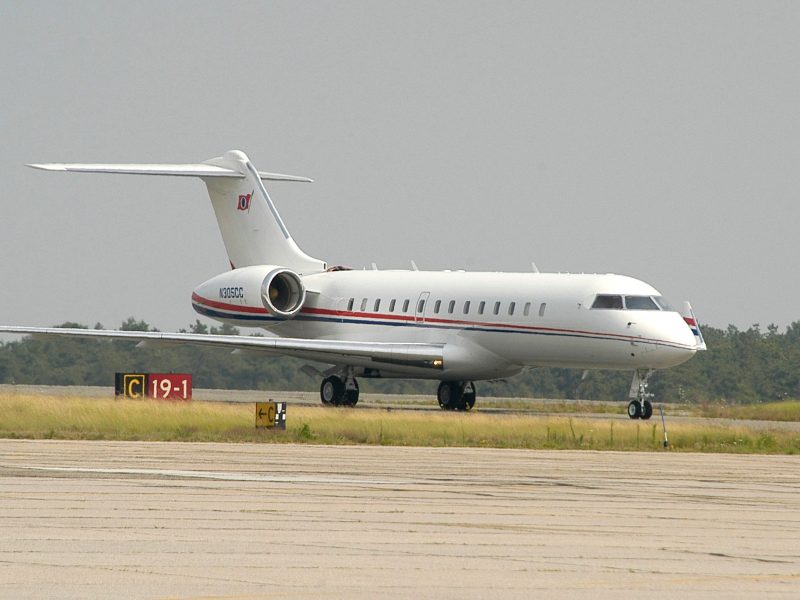
Source: Wall Street Journal and FlightGlobal
To focus on business jets, Bombardier is selling its train division to France's Alstom.

Source: FlightGlobal
Bombardier has proved highly capable in the sector with recent advances in the Global program and will continue its long-standing rivalry with Gulfstream and Dassault.
